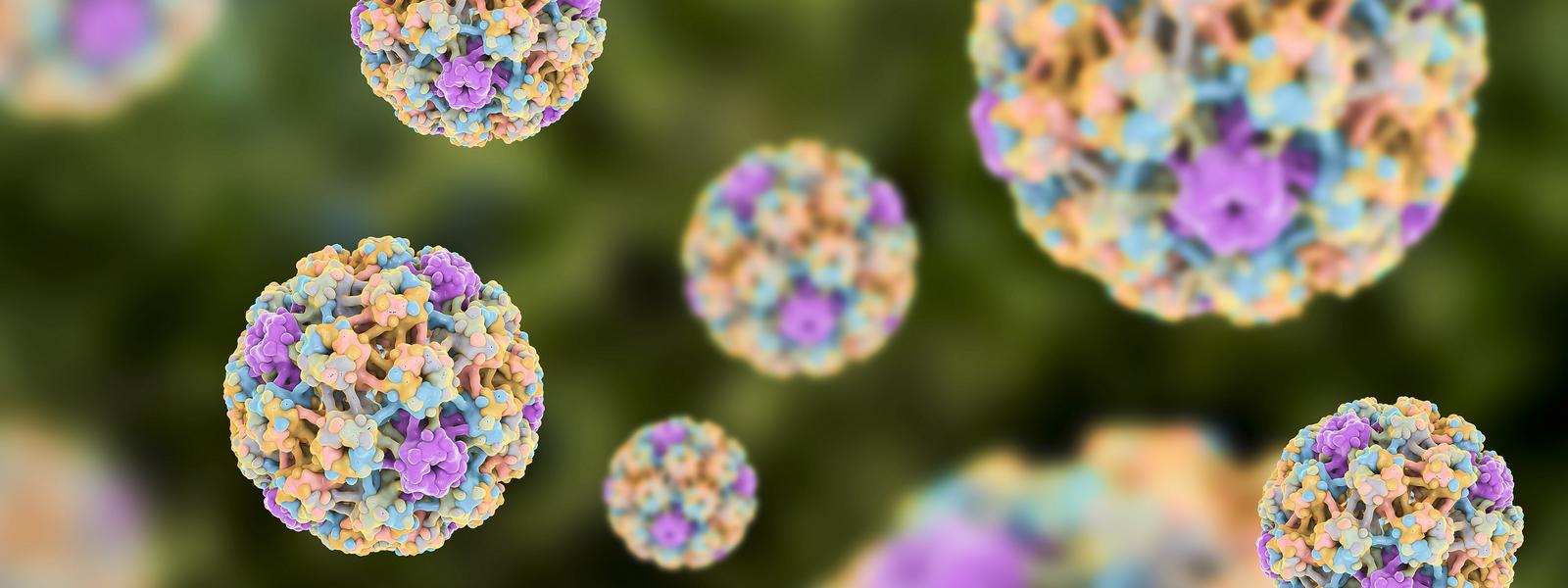
A growing body of evidence suggests that a single dose of vaccine against cancer-causing human papilloma virus (HPV) may protect as well as the standard two-or-more dose regimen. This would make it easier to protect more women, especially in low-income areas where vaccine access is scarce.
A study published recently in The Lancet Global Health strengthens the case, with a focus on the primary cohort targeted for vaccination: girls 9 to 14 years old. All antibody evaluations in the study were conducted at the HPV Serology Laboratory of the Frederick National Laboratory under the direction of Ligia Pinto, Ph.D., and Troy Kemp, Ph.D. The laboratory is conducting single-dose serology testing in various clinical trials.
The randomized controlled study by an international research team compared vaccine immune responses in 930 Tanzanian girls aged 9 to 14 with two other populations of girls whose immune responses to multiple doses of the vaccine had been recorded. The comparative groups included girls aged 18 to 25 in Costa Rica and 10 to 18 years in India.
Antibody testing two years after vaccination against both HPV16 and HPV18 showed that the African girls who received a single dose of vaccine had maintained an immune response to HPV that was considered non-inferior to those of the two other populations. This held true for both strains of the virus.
This was an immunobridging study in which antibody concentrations for a new population are compared with those of another population in which vaccine efficacy has been demonstrated. If immune responses are no less in the new population, vaccine protection is thought to be similar.
“These encouraging results show that a single dose of HPV vaccine induces immune responses that are comparable in different populations and geographical contexts and add to the evidence that a single dose is likely to be effective against persistent HPV16 and HPV18 infection and associated disease,” the scientists reported.
Because HPV-related disease and infection endpoints may take a long time to accrue, and there are limitations in exams and testing in some populations, such as in young girls, the World Health Organization has accepted immunobridging studies for licensing new dose schedules of HPV vaccine, the research team reported.
“A single dose HPV vaccine schedule could substantially reduce the costs of vaccine purchase and delivery, alleviate vaccine supply constraints, and expand access in the countries that need it most,” the scientists concluded.
In addition to Pinto and Kemp, other collaborators on the study led by Deborah Watson-Jones of the London School of Hygiene & Tropical Medicine, included scientists from the U.S. National Cancer Institute, World Health Organization, National Institute for Medical Research in Tanzania, Fundacion INCIENSA in Costa Rica, University of York in the United Kingdom, and Karolinska Institute in Sweden.
Media Inquiries
Mary Ellen Hackett
Manager, Communications Office
301-401-8670
